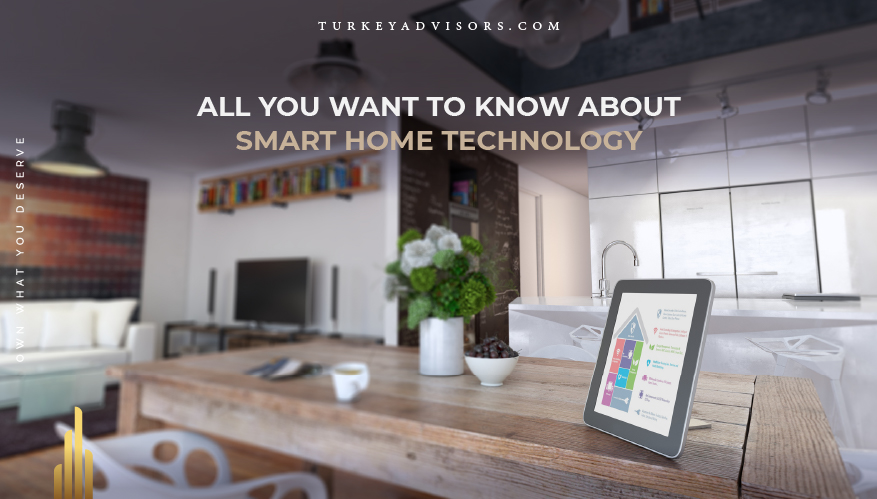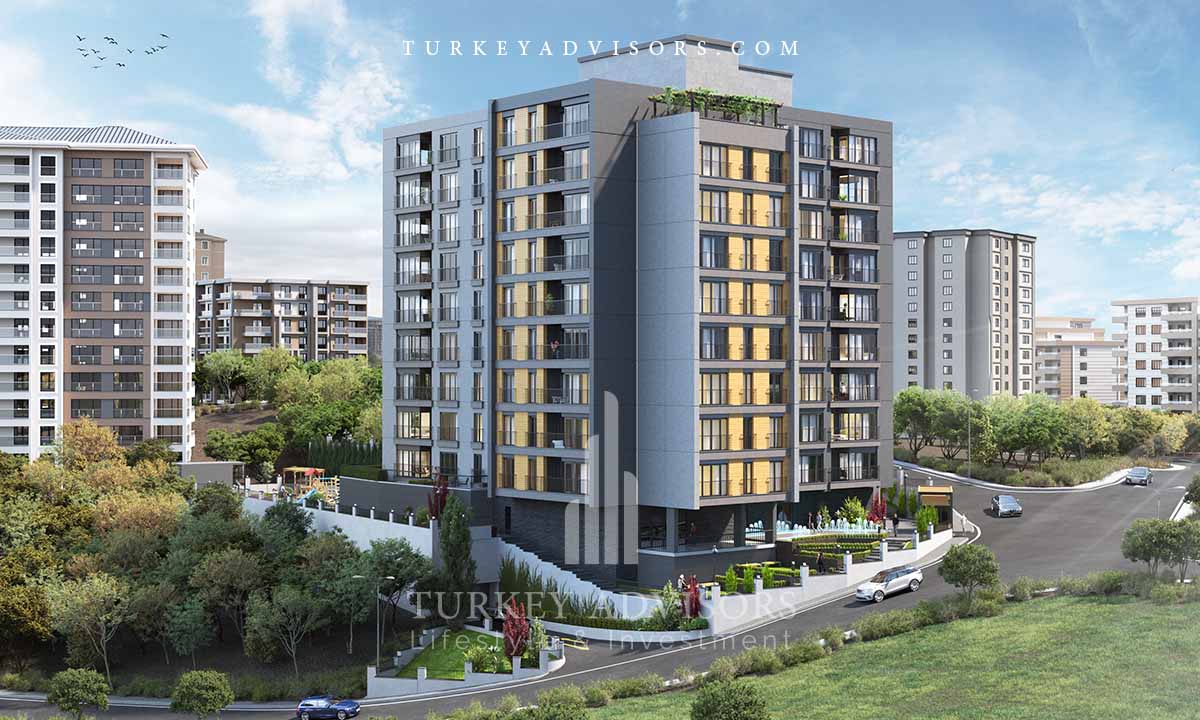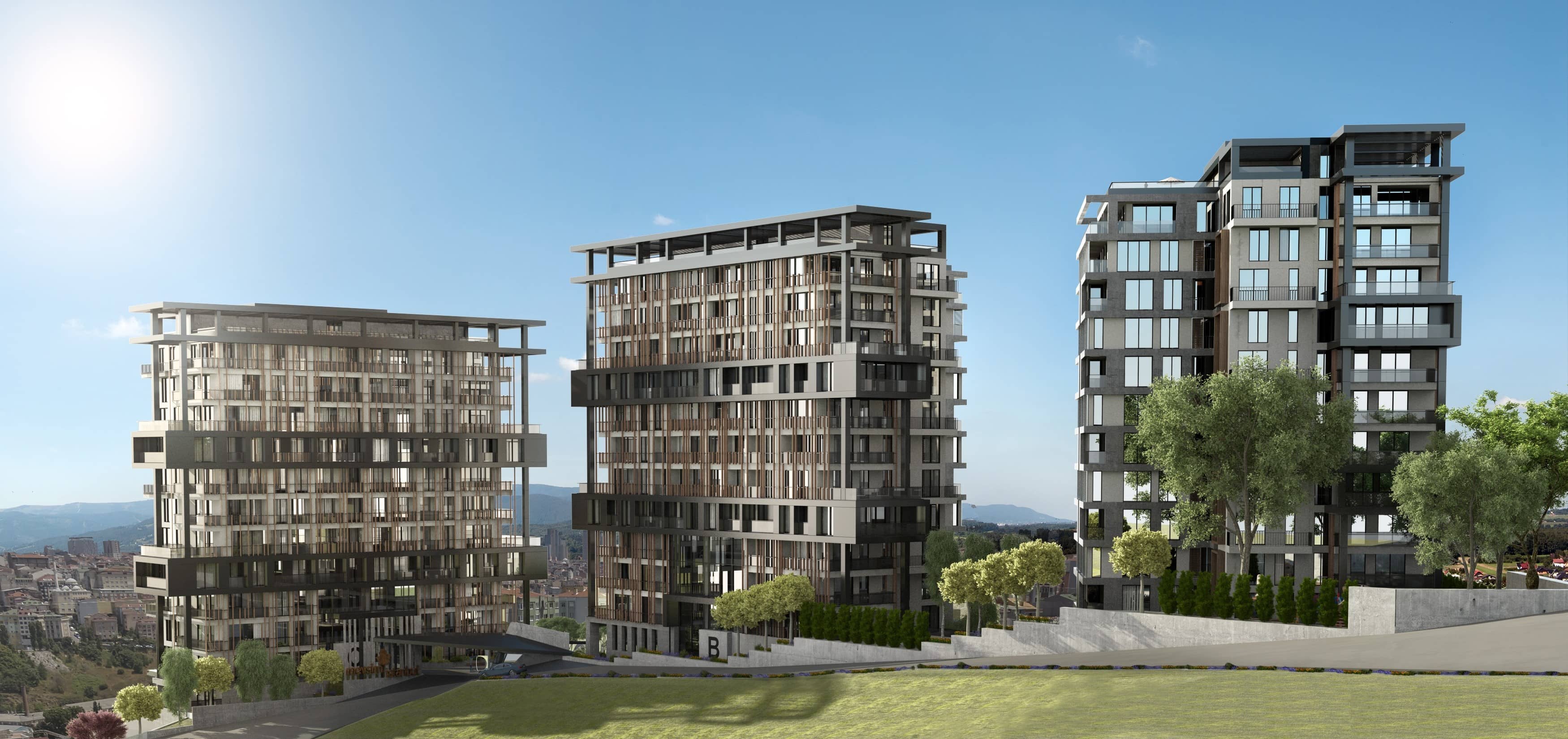All you want to know about Smart home technology
All you want to know about Smart home technology

Lighting, heating, security, and other household appliances may all be controlled by smart home systems, which are home automation systems. The system's integrated smart home technology allows you to control the system from inside or outside of the house by connecting to your devices, such as smartphones or tablets. The potential of smart home features are constantly expanding thanks to technological innovation. You can manage your house even if you're not there thanks to smart home applications. Because to this technology, your life will become safer, more comfortable, and more economical. Traditional houses are less safe than smart ones. Thanks to the facial recognition technology used in the current automation system, your smartphone is instantly informed when a visitor is identified near your house. Your life and possessions are therefore shielded from dangers like theft.
Smart home systems are installed using timer and trigger systems. Utilizing timer systems, the actions you want to take place automatically in your house. For instance, it might open and shut your windows whenever you choose during the day to get fresh air into your house. As an alternative, you may control the lights in your yard at any time. The systems that run automatically in response to a certain set of conditions and can interact with the activities you conduct on your smartphone are the triggering factors. For instance, the light automatically comes on when the door is opened and goes off when there is no activity within the house. As an alternative, your house and garage door will open automatically when it recognizes you, simplifying your life. With the help of smart home features, you have access to a system that lets you carry out a variety of chores automatically.
What Qualifies as a Smart Home?
In order to construct a smart home, smart sensors, security cameras, speakers, light bulbs, and other gadgets are put in public parts of the house. These are the residences where systems and other pieces of technology coexist peacefully. Centralized control is offered by smart home systems, which are primarily focused on smartphones and include voice assistant integration capabilities.
Furthermore, software that enables remote control of buildings is included in smart home systems. There are wired and wireless variants of these systems available. When it comes to smart home systems that make the most of technology's benefits, there are many different things to consider.
What Advantages Do Smart Homes Offer?
A smart home system's improved security is among its most important benefits. Burglaries, fires, and other dangers pose no threat to your house. The technologies in your smart home will warn you of even the smallest hazard. The smart home system enables you to save lots of money by letting you turn the heating and lighting system on and off whenever you choose. There is no chance that the heating and lighting systems will switch on while you are away from home, which saves electricity. By enabling you to adjust the temperature, brew coffee, and play music before you enter your home, the smart home system offers a great lot of ease. Smart home technology will make your life safer and more comfortable. With the aid of modern technology, you may live a happier and more serene life.
1. Comfiness
The connected home allows for customizable lighting and temperature settings. The amount of people in a particular location, as well as established habits or regional weather forecasts, may all affect a room's temperature. Some devices may monitor heating effectiveness depending on user behaviors after a self-learning period and modify heating patterns accordingly. For instance, CO2 loading in the air may be continually monitored and controlled. Depending on how many people are there and what time of day it is, the lighting may change automatically. Additionally, certain circumstances can be made. Convenience and creativity are increased by the ability to manage a variety of individual Smart Home devices from a smartphone or tablet.
2. Complete control over your gadgets
In this instance, convenience is a major consideration. A significant advancement in technology and home management is the ability to integrate any piece of equipment in your house through a single interface. Theoretically, all you'll need to do to access a wide range of features and devices across your house is learn how to utilize a single app on your smartphone or tablet. This makes it easier to obtain the features you want for your home and lowers the learning curve for new users.
3. Physical protection
Your home security may increase if you incorporate security and monitoring tools into your smart home network. There are several choices, but only a small number of them are now being investigated. For instance, home automation systems may connect your home's motion detectors, security cameras, automated door locks, and other physical security measures so that you may control them all from a single mobile device before going to bed. Additionally, you may decide to get security warnings on your different devices at various times throughout the day. You can also keep an eye on activity in real-time whether you're at home or halfway around the world.
4. Availability
Technology for smart homes is almost magical. They enable you to answer the door from your bedroom (or a hotel room) and change the temperature just by speaking. They also let you to turn on lights without touching a switch. For many people, these qualities are a luxury or a convenience. On the other side, smart home technology may be a potent facilitator for persons with impairments, allowing them to live a more independent and empowered life.
5. Spend less.
By automating operations like temperature management, lighting control, window treatment control, and irrigation control based on the weather, smart homes help you save money on energy. Smart homes give you information on your energy consumption, enabling you to spend less energy and be more environmentally conscious. Smart homes are able to identify areas where you are consuming more energy than is necessary, allowing you to reduce your usage and save money.
6. The ability to brag
It may be a fantastic icebreaker or conversation starter. Having a smart home makes you seem good. How many smart homes can you spot in your immediate area? By having a smart home, you may stand out from the neighbors in distinct and diverse ways. Imagine having guests around and having them marvel at the wonders of technology.
What drawbacks come with a smart home?
1. Additional dangers
The capability of employing internet-connected devices to remotely secure residential properties is one of the most alluring features of smart home technology. Despite how easily smart home security systems may protect homes from burglary, damage, or accident, they also run the risk of jeopardizing the confidentiality of personal data.
According to a 2021 research project, typical smart houses are subject to a sizable number of data risks. Hackers have reportedly opened IoT-enabled doors, controlled smart TVs and lights remotely, turned on smart cameras remotely, and streamed video from them as instances of attacks on smart homes. When a Milwaukee family awakened to find their thermostat set to a temperature above 30 degrees Celsius, they realized they had been robbed in one instance.
2. Dependent on energy
Many smart homes are run by smart hubs, which unify all of your devices into one platform. With the aid of these hubs, you can manage smart devices that run on several operating systems from a single location. If the power goes out at your home, would your smart hub still function? If the system has a backup power supply, the response is correct.
While some hubs offer backup battery power, some do not. For instance, the third-generation SmartThings hub from Samsung lacks a power source. What effects would a smart hub that wasn't working have on your smart system? Generally speaking, it means less convenience. The functionality of each device will continue to be determined by its individual design, but not when used together.
Many smart devices have two power sources. Smart devices with backup batteries will continue to function, but fully electric devices won't. The good news is that most smart thermostats, garage doors, and key locks include batteries and will continue to function during a power outage. After a power outage, phone-powered smart security systems will continue to operate, but internet-powered ones won't. Of course, intelligent versions of products that require power to operate will also not function. Smart plugs, cooling systems, and light bulbs would not function without energy.


 Istanbul
Istanbul
 Installment
Installment
 Selling
Selling





